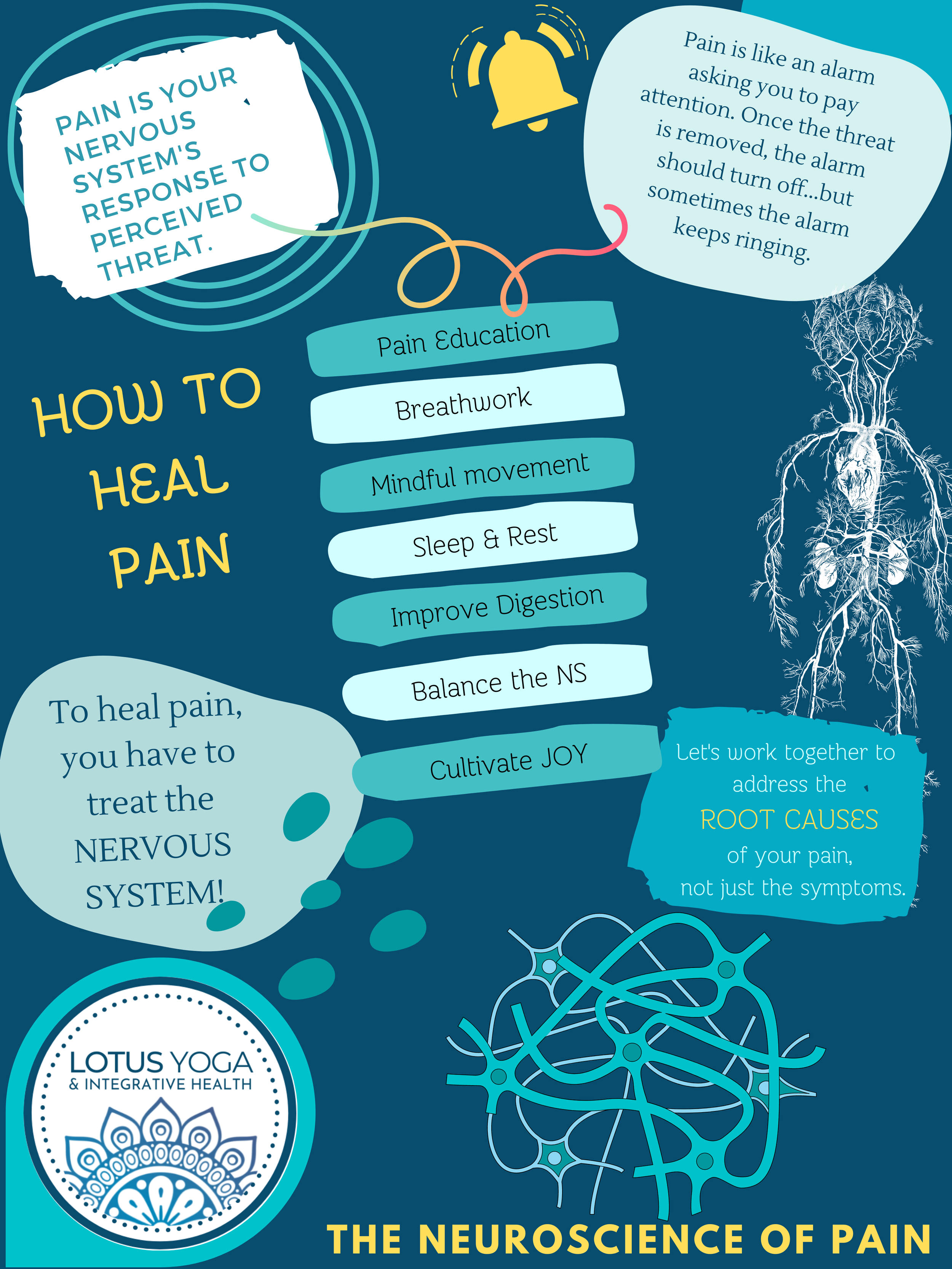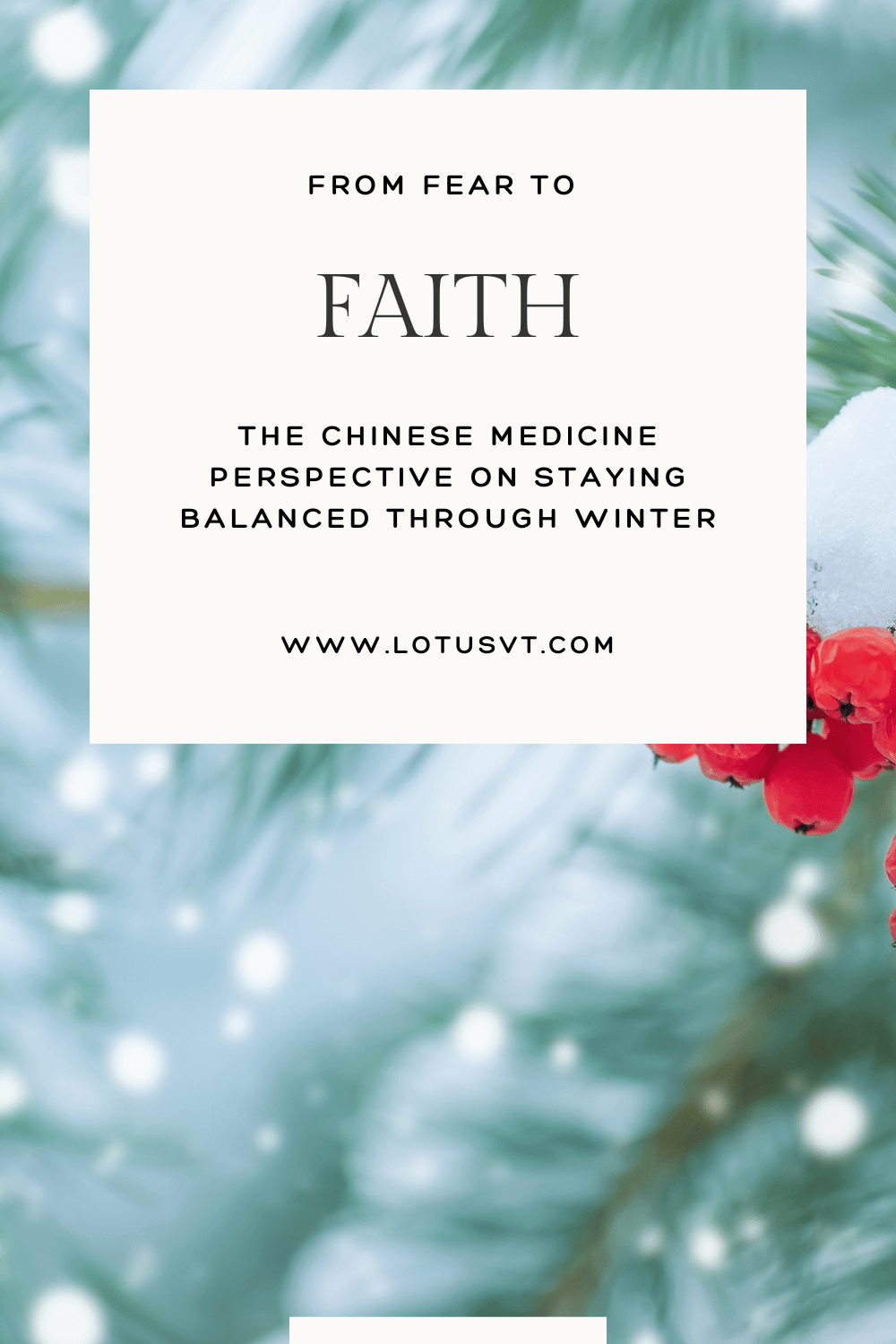
From Fear to Faith: The Chinese Medicine Perspective on Staying Balanced through Winter
Winter in Traditional Chinese Medicine is a season of stillness, restoration, and deep nourishment. Governed by the Water element and associated with the kidneys and bladder, winter invites us to slow down, conserve energy, and replenish Jing; our essential life force. In this post, we explore the wisdom of the Water element, the role of Kidney energy, common winter imbalances, and how seasonal living, nourishment, and qigong practices can help restore balance, resilience, and inner strength. Learn how aligning with winter’s yin energy supports longevity, emotional stability, and a grounded sense of trust as you prepare for the growth of spring.
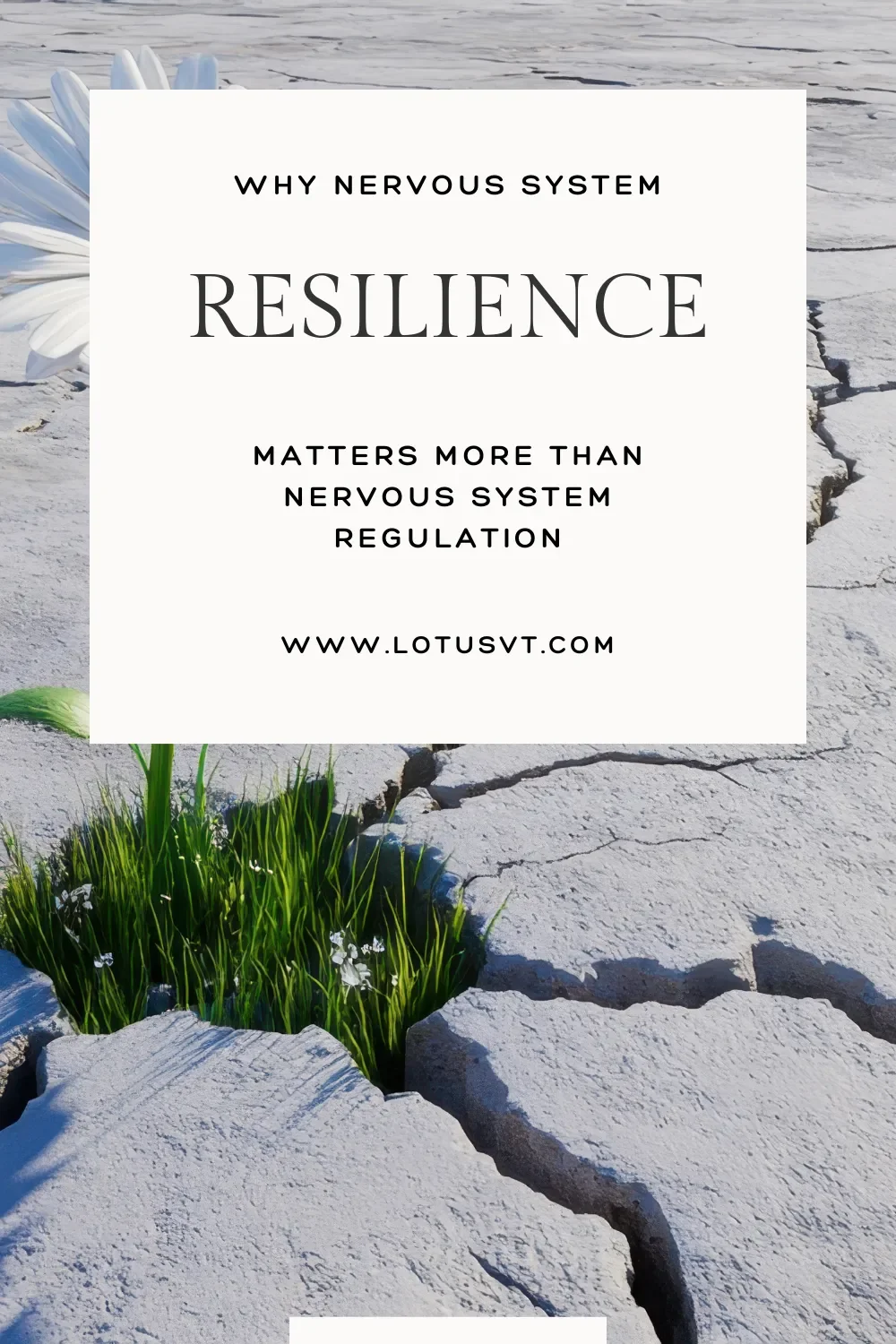
Why Nervous System Resilience Matters More than Nervous System Regulation
Discover why nervous system resilience is more important than simple regulation. Learn how vagal tone, sympathetic mobilization, and parasympathetic immobilization shape stress response, recovery, and long-term wellbeing, and why restoring safety is key to building nervous system resilience.
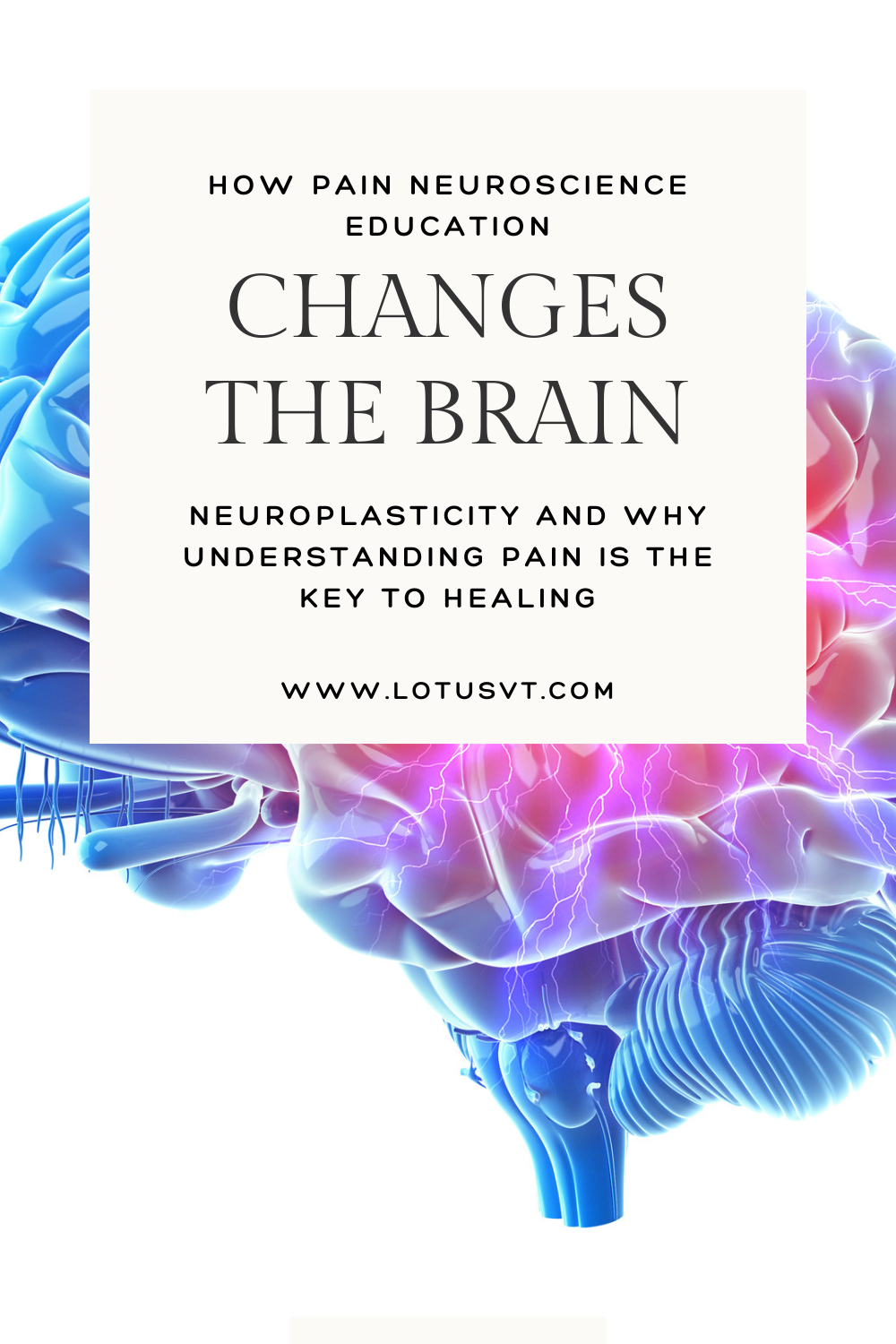
How Pain Neuroscience Education Changes the Brain
Chronic pain isn’t due to tissue damage; it’s caused by a hypervigilant and hypersensitive nervous system. Pain changes the brain, but the good news is that the same neuroplastic qualities that create pain pathways can also be used to restore resilience. Learn how Pain Neuroscience Education can help you retrain your brain and heal chronic pain.
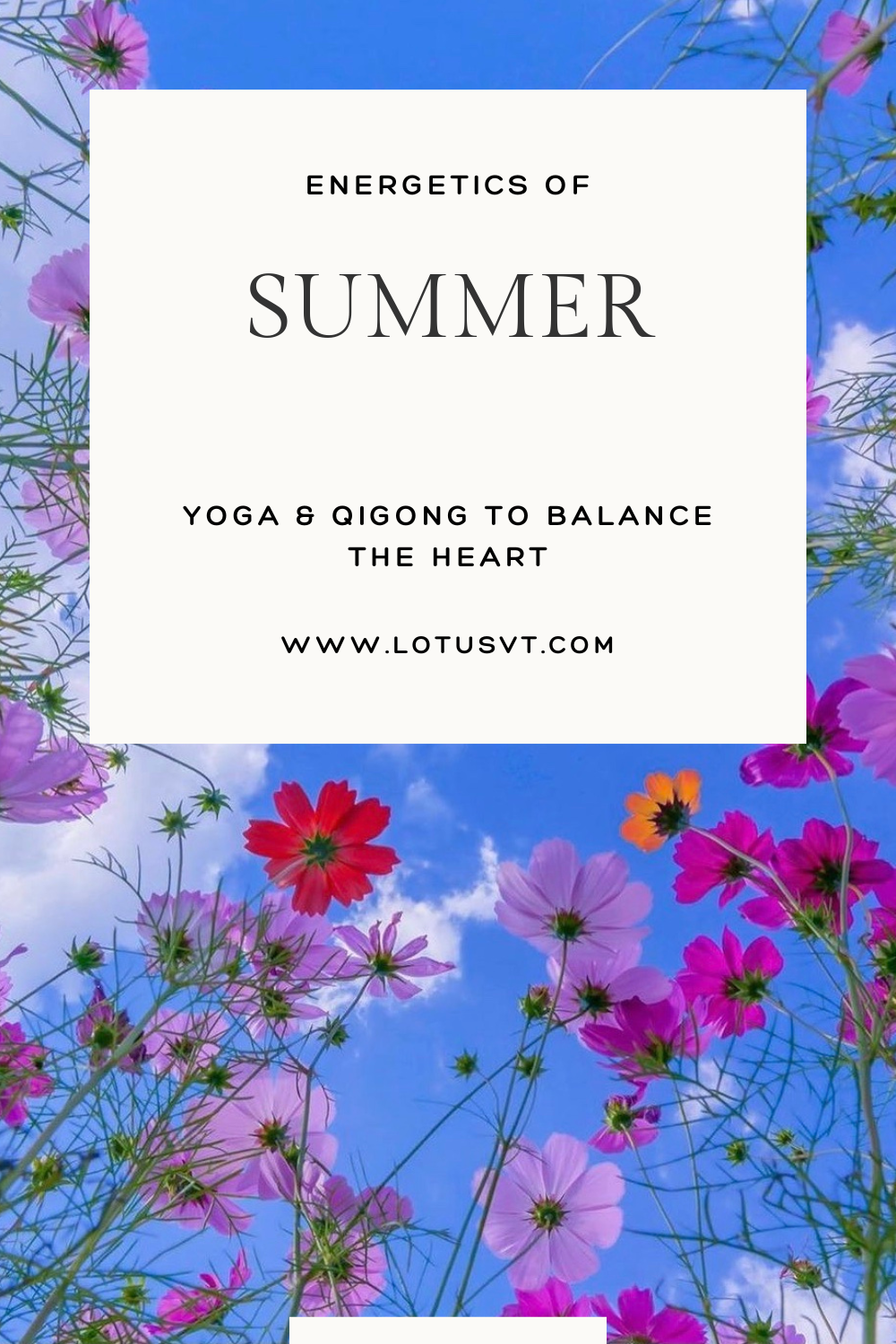
Energetics of Summer: Yoga & Qigong to Balance the Heart
Discover energetic qualities of summer from the Chinese Medicine perspective. Learn about how to balance the Fire element, Heart energy, and the Shen (spirit) with seasonal practices like Qigong, breathwork, and yoga to cultivate joy, authenticity, and inner clarity.

I’m in pain. Do I need an MRI?
MRIs don’t show pain, they only show tissue changes. MRIs often reveal tissue damage in people who don't have any pain. Others have pain, but the MRI does not show any structural changes in the tissues. Learn why chronic pain isn't a structural problem, and how nervous system sensitivity, not injury, is the real culprit.

Why Chronic Pain Needs a Different Approach: Understanding the 3 Types of Pain
Although acute pain, nerve pain, and chronic pain all have different root causes, our medical system often treats them all the same leading to misdiagnosis and unnecessary suffering. Learn about the differences between nociceptive, neurogenic, and neuroplastic pain so that you can receive the most effective diagnosis and treatment to alleviate your pain.

Is Your Pain Caused by Nervous System Sensitivity?
If you have persistent pain but do not have a clear diagnosis, despite seeing multiple doctors and having multiple tests, your pain may be due to nervous system sensitivity. Discover the signs of central sensitization and nervous system-driven pain, plus how to find lasting relief with trauma-informed, integrative therapies.

What to Expect in a CranioSacral Therapy Appointment
CranioSacral Therapy is a gentle form of manual therapy that enables the nervous system to relax and restore its natural rhythm. The Upledger tradition, is a form of biomechanical CranioSacral Therapy. This approach uses light touch and myofascial release to open space in the connective tissue surrounding the nervous system, which enables oxygen, blood, and energy to flow through the body so you feel relaxed and at ease.
Previous clients have described their experience as:
a massage for the nervous system;
a supported awareness practice;
better than the best savasana;
the most relaxed they have ever felt.
Read this blog post to learn more about what to expect before, during, and after a CranioSacral Therapy session.
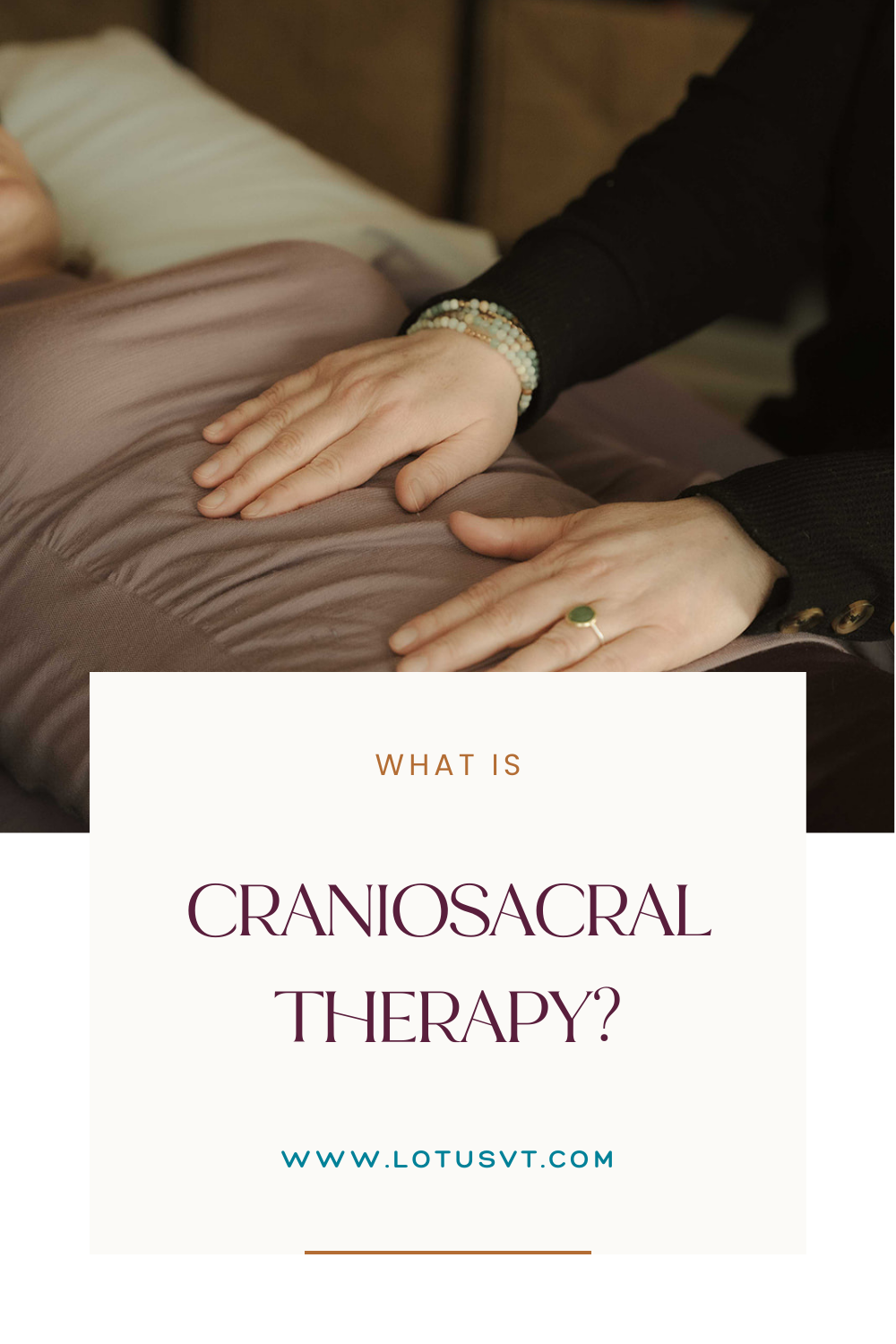
What is CranioSacral Therapy?
CranioSacral Therapy is a gentle, profoundly relaxing form of manual therapy for the nervous system. It uses light, healing touch to relax the fascia and open space for energy and cerebrospinal fluid to flow. Because pain is both a sign of stagnation and a nervous system response to threat, CranioSacral Therapy is one of my favorite practices for calming the nervous system and relieving pain. Read this blog post to learn more about how CranioSacral Therapy can support your nervous system and help you relieve pain.

Three Ways to Unfreeze Your Nervous System
Did you know that your nervous system has more than two modes? We often talk about the binary between Fight/Flight and Rest/Digest, but there is a third nervous system response called fear immobilization that gets activated when fighting or running won't be effective options. Learn more about what happens when the fear immobilization response is activated and discover three practices to support the vagus nerve and unfreeze the nervous system.

How to Heal Chronic Pain
Learn the foundations of pain science and why understanding pain reduces the threat level and is essential to healing.

The Radical Lesson in Running Out of Gas on the Highway
I ran out of gas one time in the middle of the night on I-89 in Vermont. It was pretty scary. Exits are far apart in that corner of the world, and I had to sit in a dark car on the highway hoping that any passing traffic would be able to see me. It wasn't a quick or simple fix.
I came close to running out of juice in my life a few years ago. The pandemic did a number on many healthcare providers and caregivers, and I was not immune. It took me a long time, and intensive effort, to recover because my tank was essentially empty.
I see this happen all the time. Self-care doesn't work when you have already crossed over the line: It only works when it is preventative.
Don't wait until your tank is empty to refuel.
If you do, you have to start over every time.
It is hard to revive something that is depleted.
MAINTAIN instead of DRAIN.
I'm leading a Restorative Yoga & Marma Therapy workshop on Sunday, August 25th from 6:30 - 8:30 pm on Zoom. Think of it as a way to recharge your gas tank before it is on empty.

My First Podcast!
I was a guest on my first podcast! I had the honor of speaking with Dr. Kim Quinn who is the founder of Mindcraft University. She teaches mindfulness for everyday life to help people become the boss of their brain.
We nerded out on neuroscience and how to integrate the mind and the body. We talked about some of my favorite subjects, including how the nervous system tries to protect us, why pain is actually a good thing, and how to know what your body needs in order to heal. It was a blast to record! Give it a listen and like and share if it resonates with you.

Today’s Workshop
The main elements of summer are fire and water, and we have had plenty of both this year. Fire and water combine to make a hot, spreading oil that can really agitate the body and the mind. Here are some signs that you are overheating:

Spicy Tuna
Fire and water must be respected because they can easily consume everything in their path. If you ever become "spicy tuna" you know that there is a fine line between fire that fuels and transforms and fire that destroys, and between water that soothes and water that rages.

What are your Activators?
The body makes more receptors for its triggers to keep itself safe. Pain triggers include temperature, stress, movement, hormones, and oxygen levels.
Too many of one kind of channel makes you sensitive to that kind of stimulus. The good news is that these channels are replaced every 48 hours. If we understand what our triggers are, we can decrease that type of stimulus, and allow the channels to return to a balanced level so you are no longer extra sensitive to that kind of stimulus.
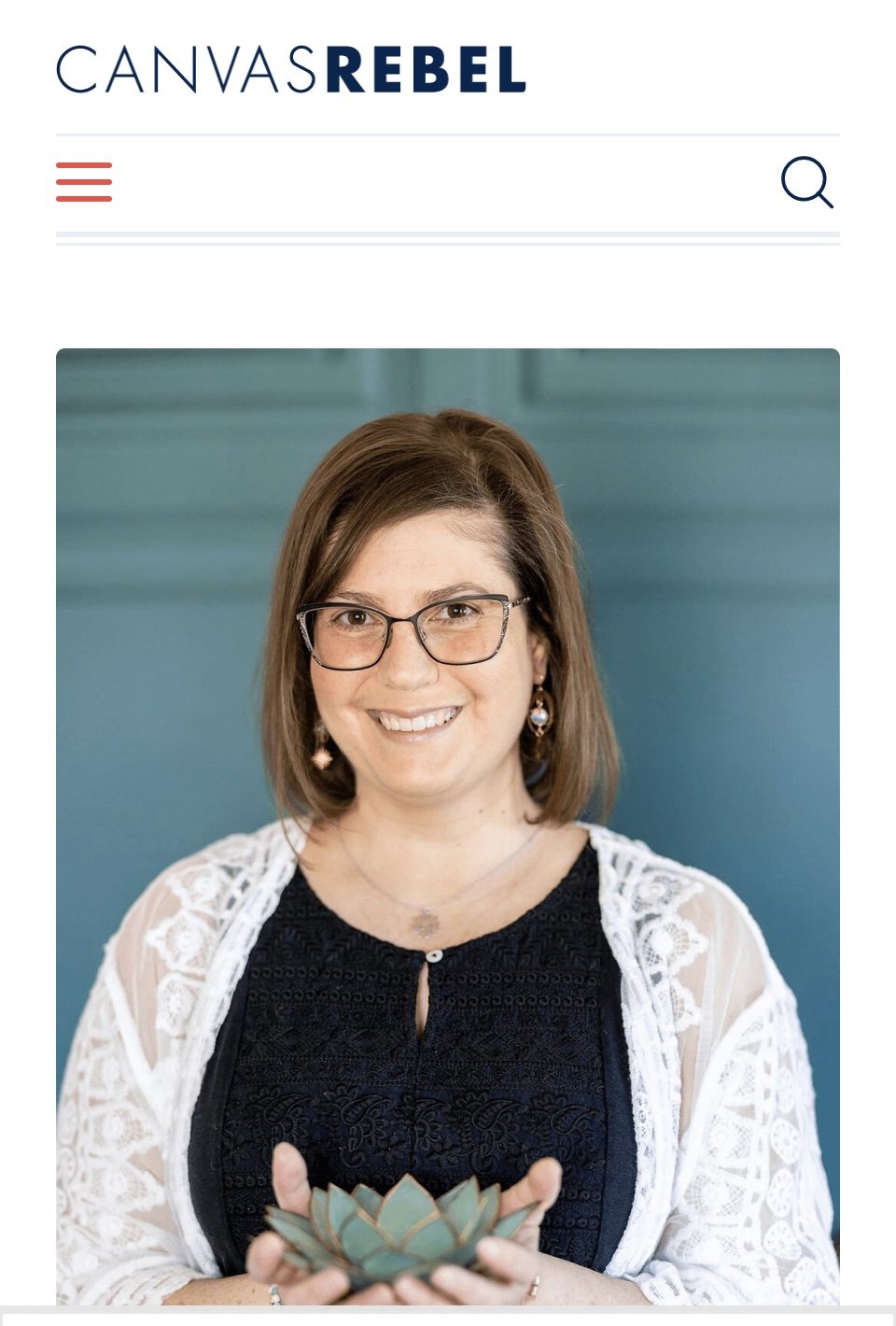
Moments That Matter
I had the honor of being featured in Canvas Rebel magazine for their story Moments that Mattered. We talked about how one of the hardest experiences in my life leg me to reframe pain and shift the focus of my physical therapy career to healing the nervous system.
Read the article to hear my thoughts on why pain is actually a good thing (and not in a spiritually bypassing, toxic positivity kind of way!), and why the nervous system is the key to unlocking chronic pain.

Throwing Spaghetti at the Wall
Do you ever feel like you are throwing spaghetti at the wall guessing what you need in order to feel your best or to help you heal? Or maybe following the latest trend because it worked for a friend (or a celebrity) but it isn't really helping you?
When you know how to listen to your body, and when you understand how you are affected by your environment, you don't have to guess.

Stop being chased by a lion
If you have ongoing stress (including pain that lasts for a long time), your nervous system won't be able to tell the difference between a stressful day at work and an actual lion. The brain on pain can become so sensitive, that it is like you are living with a metaphorical lion chasing you at all times.

Your Nervous System Has a Bouncer
When we have chronic pain, the nervous system is attuned to look for danger, so the bouncers allow more information to pass up to the brain. Chronic pain makes the nervous system more sensitive, and when it gets bombarded by more information than usual, it is going to feel threatened by things that may not actually be dangerous. This is why sensations that aren’t typically painful, like light touch, can feel painful to those who are living with chronic pain.






